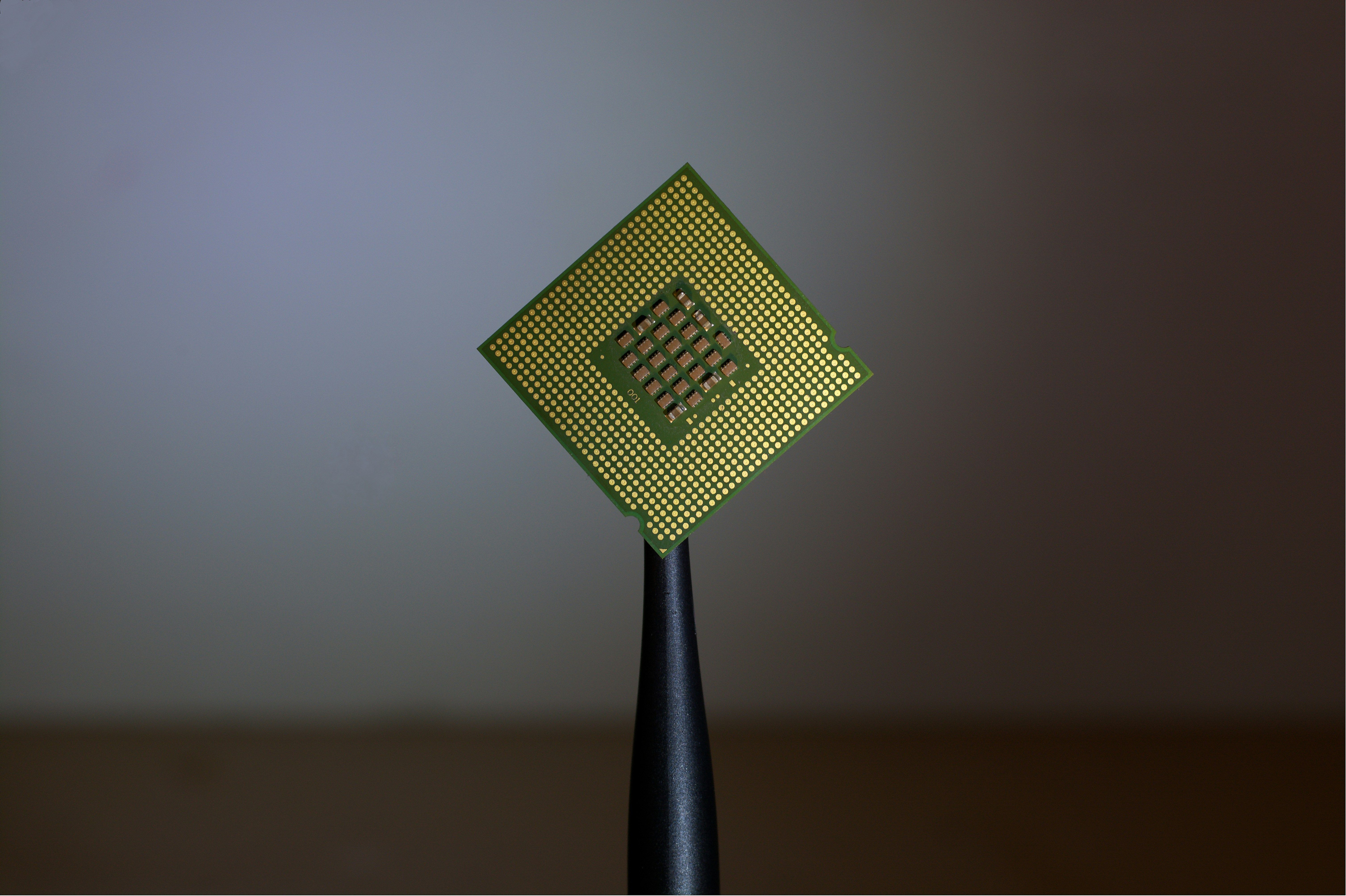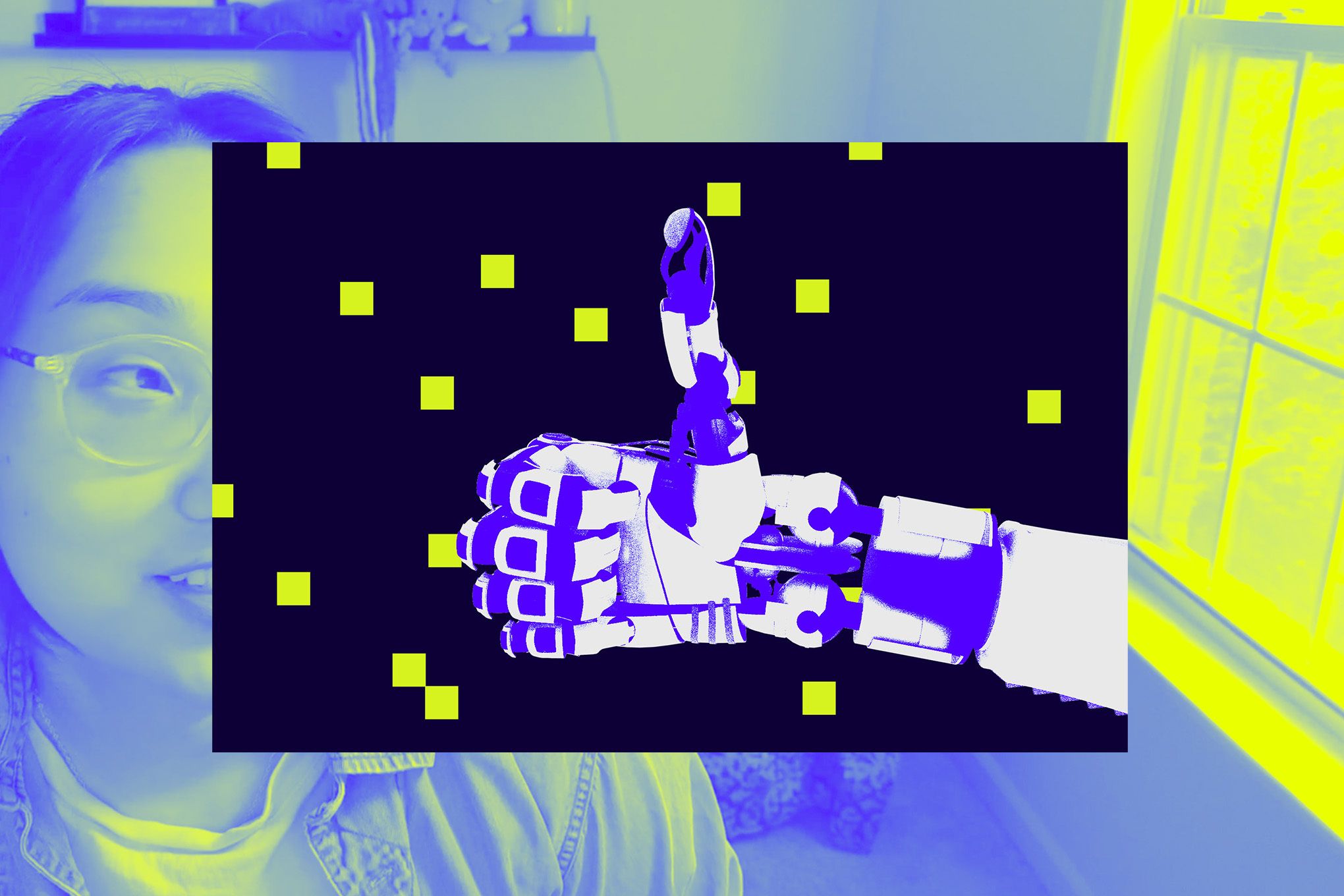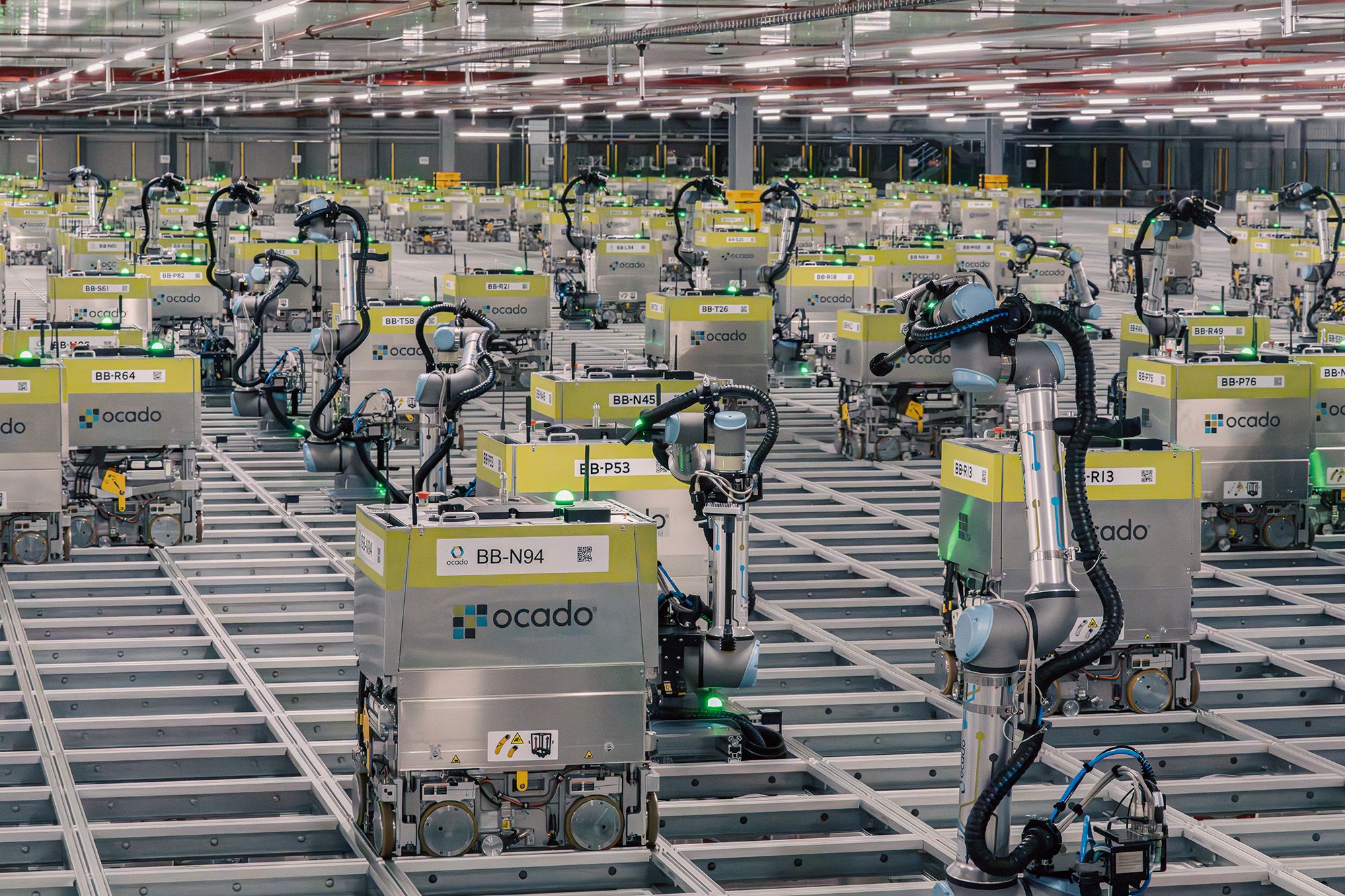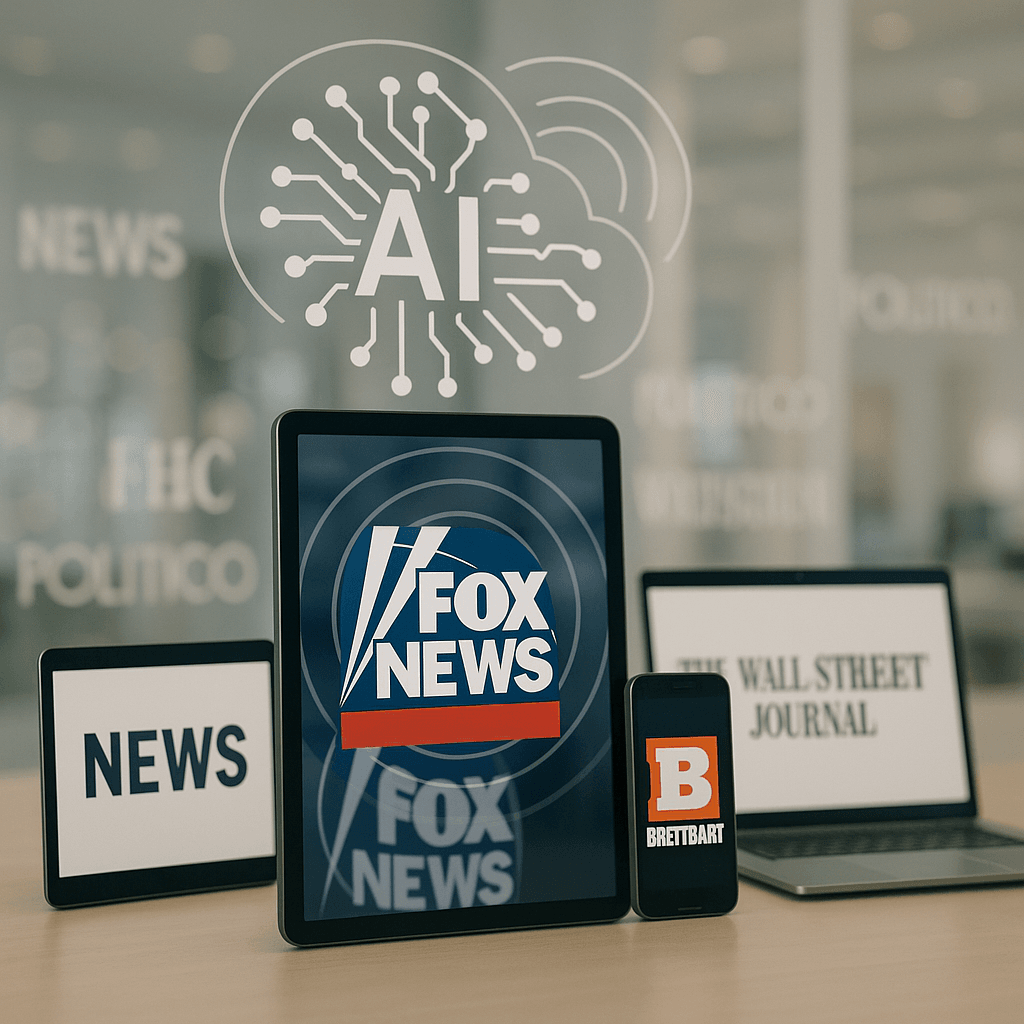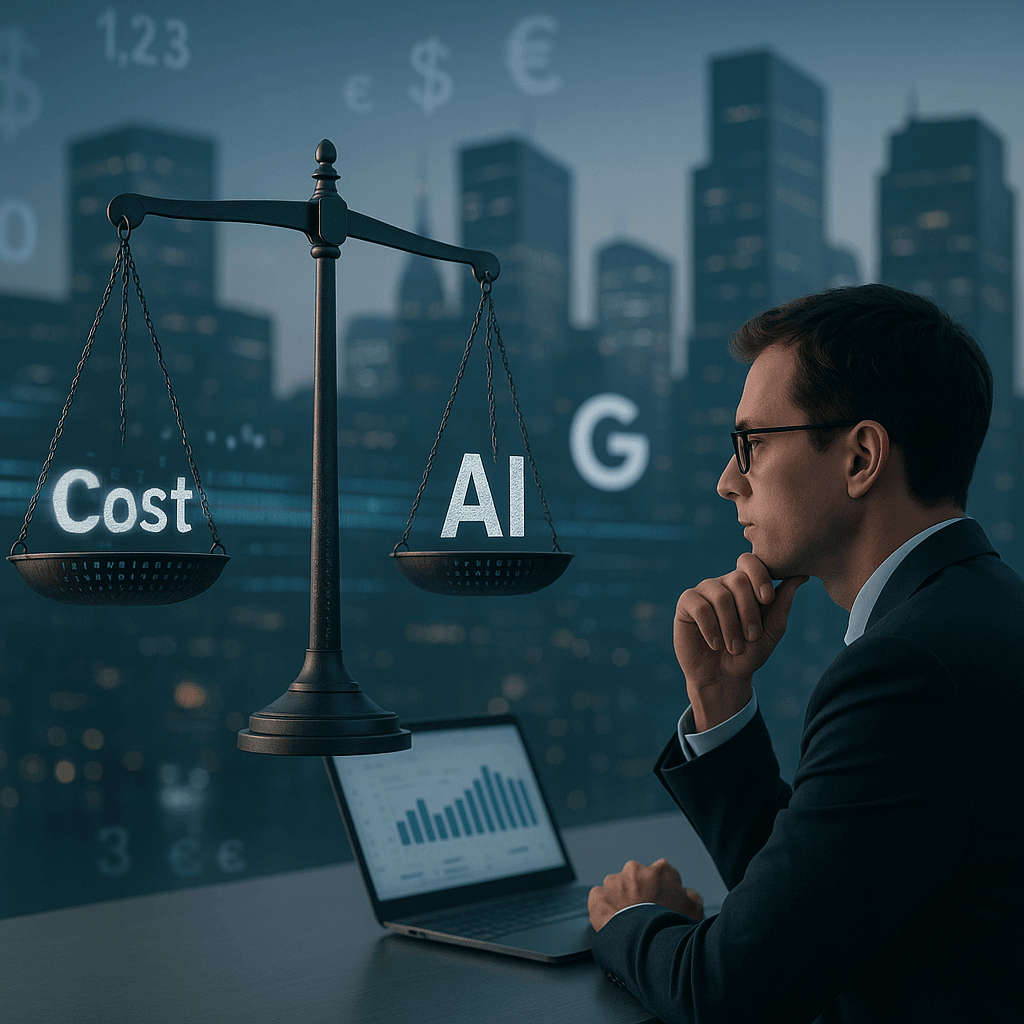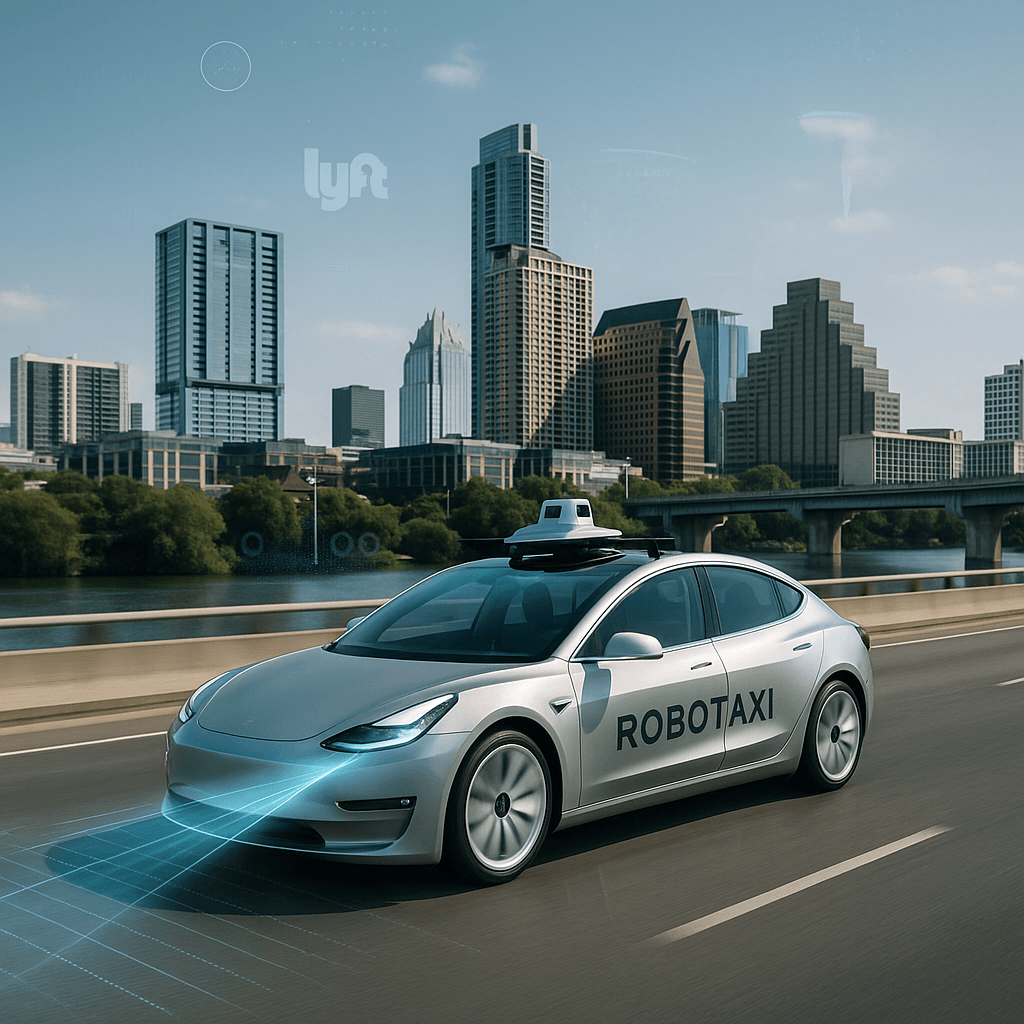TL;DR:
• Nvidia denies Chinese claims that H20 chips contain security backdoors or kill switches
• Chinese state media called H20 chips "neither advanced, nor safe, nor environmentally friendly"
• China seeks eased chip export controls in potential Trump-Xi summit negotiations
• Nvidia stock up 36% this year despite $4.5B inventory writedown from China restrictions
Nvidia just delivered a sharp rebuke to Chinese state media allegations that its H20 AI chips pose national security risks, escalating the semiconductor cold war between Washington and Beijing. The chipmaker's Sunday pushback comes as Chinese officials simultaneously push for relaxed export controls in potential trade talks with the Trump administration.
Nvidia isn't backing down from China's latest salvo in the semiconductor wars. The chip giant fired back Sunday after Chinese state broadcaster CCTV's WeChat affiliate Yuyuan Tantian published a scathing attack on the company's H20 AI chips, calling them technologically inferior and claiming they contain dangerous "backdoors" for remote access.
"Cybersecurity is critically important to us. NVIDIA does not have 'backdoors' in our chips that would give anyone a remote way to access or control them," a Nvidia spokesperson told CNBC. The statement marks the second time this week the company has rejected Chinese accusations about alleged "kill switches" in its processors.
The Chinese article didn't hold back, declaring that "when a type of chip is neither environmentally friendly, nor advanced, nor safe, as consumers, we certainly have the option not to buy it." The language signals Beijing's growing frustration with U.S. export controls that have effectively locked Chinese companies out of Nvidia's most advanced H100 and B100 processors.
Behind the public rhetoric lies a complex geopolitical chess match. The H20 chips were specifically designed by Nvidia for the Chinese market after initial export restrictions hit in late 2023, representing a deliberately neutered version of the company's flagship AI processors. The Trump administration banned H20 sales entirely in April before allowing shipments to resume.
